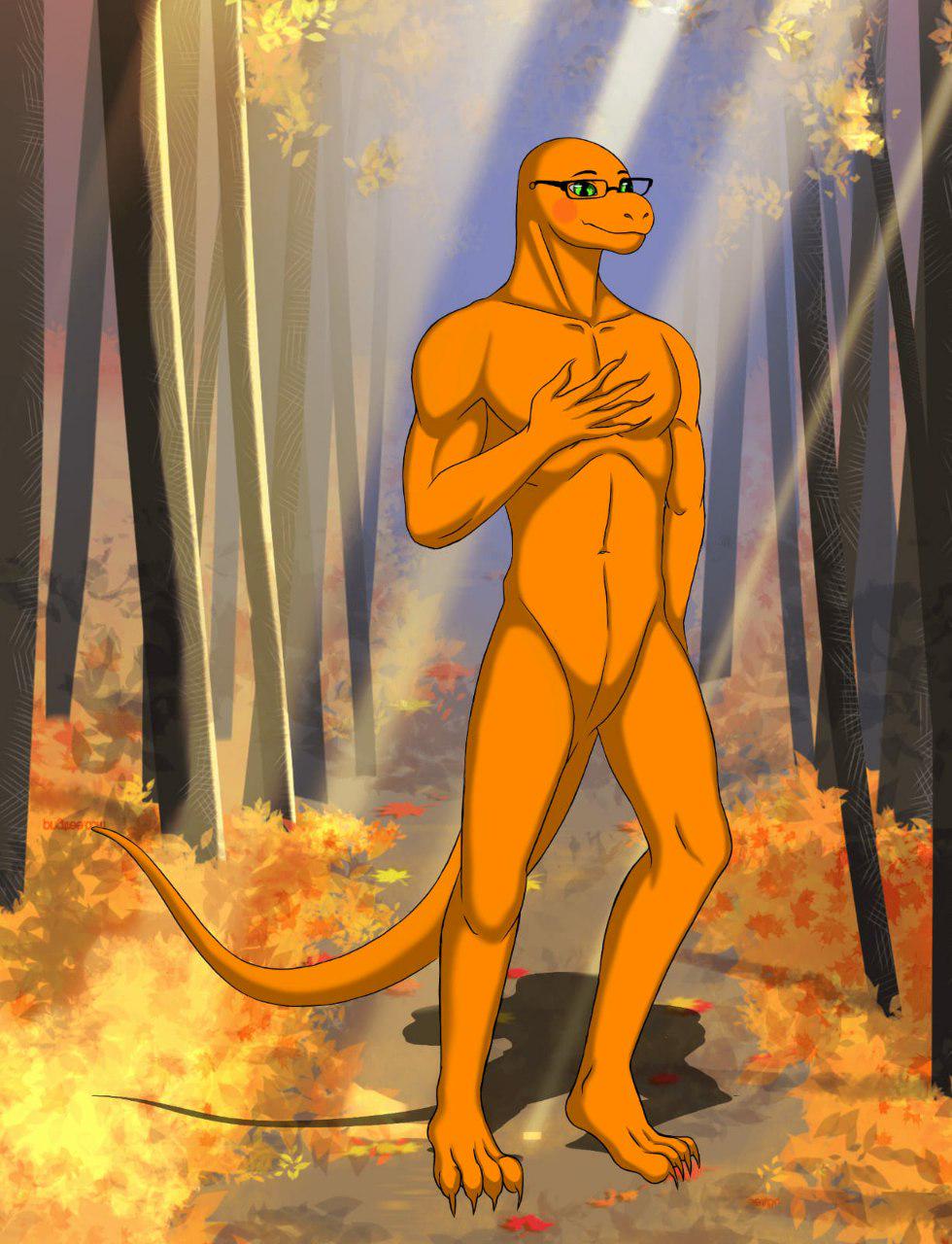They’ll ask me to do something, and then a few seconds later they add, “Please, thank you,” as if they realized that they have to say it.
This question lacks social context. Are we talking about USA, Canada, UK, France, China, Japan, Morocco, Australia, South Africa?
There are 7 billion people on earth with NUMEROUS cultures. To have a serious discussion we need to know the society in question.
The 8 billion mark was estimated to be achieved sometime in the past 2 years
Can’t remember exactly when and DDG is all the way in the other tab
United States.
Even just in the US this is very regionally different and not really something I associate with generational cultures. Like in Tenn/Bama/Georgia it is very expected but means nothing. In Southern California it is rare, but actually means something when said.
What does it mean that “please” and “thank you” mean nothing? I am genuinely confused.
> boomers
How old are you? If you’re a teenager, your parents are Gen X or Millennials.
I think it’s just you
There are no relevant studies concerning the topic. What might seem like a widespread trend, might as well be merely a local peculiarity.
dunno, but my folks (boomer generation) raised me to say please and thank you. good manners and politeness dont cost anything, after all. in practice these days I generally only use that verbiage when I’m writing up email at work.
In my experience, in Latin America (or at least the chunk of the Southern Cone where I live), it’s pretty much the opposite: most boomers whom I interact with are fairly polite, and always make sure to say those “small words”. To the point of annoyance.
I won’t say “just” your parents, but that’s not the way the boomers I know do it … except possibly when making a point that someone else is being rude. ‘My’ boomers say, “May we have [x]” or “We’d like [x], please” and when they get said [x] they say “Thank you” or “That’s wonderful.”
If their request is ignored, they might emphasize that they’ve asked and were ignored by pointedly saying, “Please. Thank you.” – and say it in a curt manner to remind the other that a request has been made and no feedback has been given. Example: “We’d like you to take out the trash.” …(no reply)… (silence)… “Ahem. We’d LIKE YOU TO TAKE OUT THE TRASH, PLEASE. THANK YOU.”
Nah, my folks a very polite.
My parents are actual boomers by the definition. Though I think my dad was technically just before the actual Boomer generation. I lost him last December. I don’t really remember it but they raised me to be polite. So they must have been as well.
Interesting story, I used to go to a family owned Mexican restaurant that my parents were well known at. The owners daughter waitresses a lot. One day I had asked her for something adding please at the end. And she thought it was the oddest thing. She said I didn’t need to say please. As if because they was serving us my politeness wasn’t needed. That seemed odd to me. I’m guessing she was millennial just by the age she looked. Was younger than me but not a teen. It didn’t stop me from saying please and thank you, but for some reason that always sticks in my head.
My mom recently said she noticed I am like that with servers and other staff at places much more than my siblings are. I spent a lot of time with my grandparents and people in their circle growing up. Much more tha my siblings did so maybe I got it from them. The pre-boomers whatever they would be called.
Interesting story […] It didn’t stop me from saying please and thank you, but for some reason that always sticks in my head.
This is just my conjecture but the fact that it’s a Mexican restaurant seems relevant - it might be cultural; I’ve noticed that plenty Mexicans (and people interacting often with them) are considerably informal, even for Latin American standards. As a side effect, politeness words end sounding a bit stronger and more verbose for them; requests and the likes are probably done in a more direct way, if the request is no biggie.
I think that it’s easier to explain with an example. Imagine that someone told you “if you don’t mind, could you kindly provide me the menu? Thank you very much in advance”. It would sound weird, wouldn’t it? As if the person was being excessively indirect for something so mundane. I think that that’s how your usage of “please” sounded like, for her.
It could differ based on social context. I gave it some thought, and with coworkers or people I don’t know really well, I almost always lead with courtesies.
But, with my spouse of 25+ years I’ve realized I’ll often say “can you do this… Please?”
And, that kind of fits what I think you’re saying. So, maybe it’s because you’re family and the pleasantries get dropped or delayed?
In my experience, not only do they think THEY are not required to say please/thank you, or be generally polite humans, they EXPECT everyone to cow-tow to them. I don’t think it’s blanket true, but it’s been my experience with my parents and their contemporaries.











